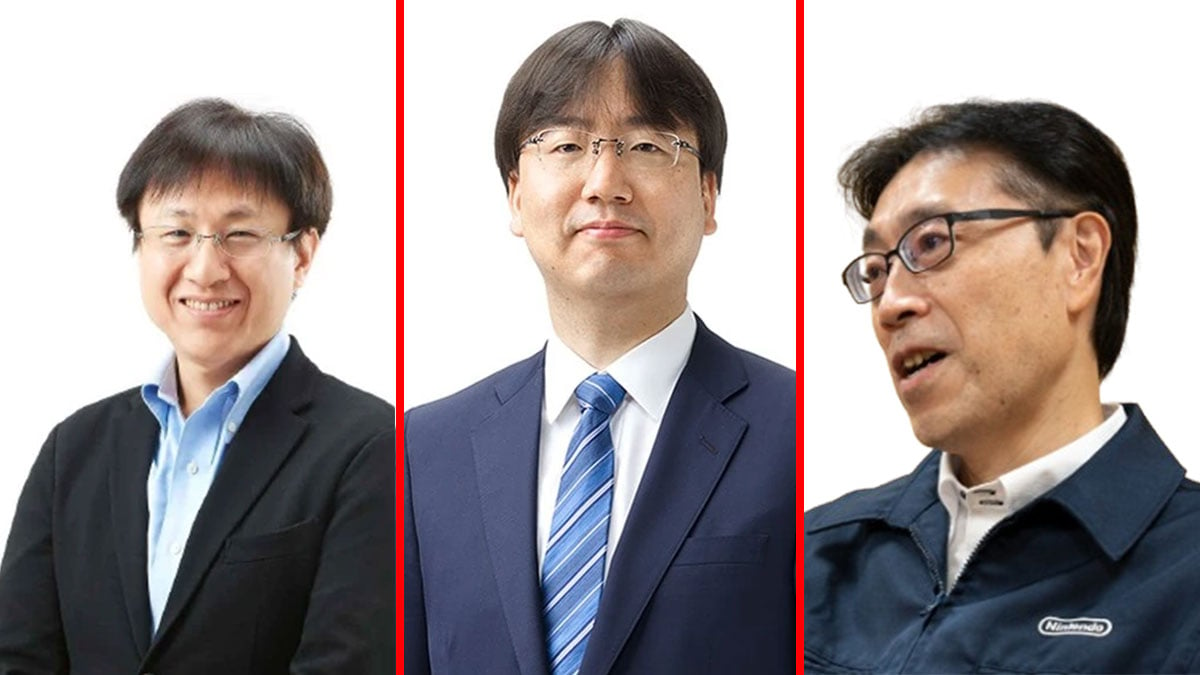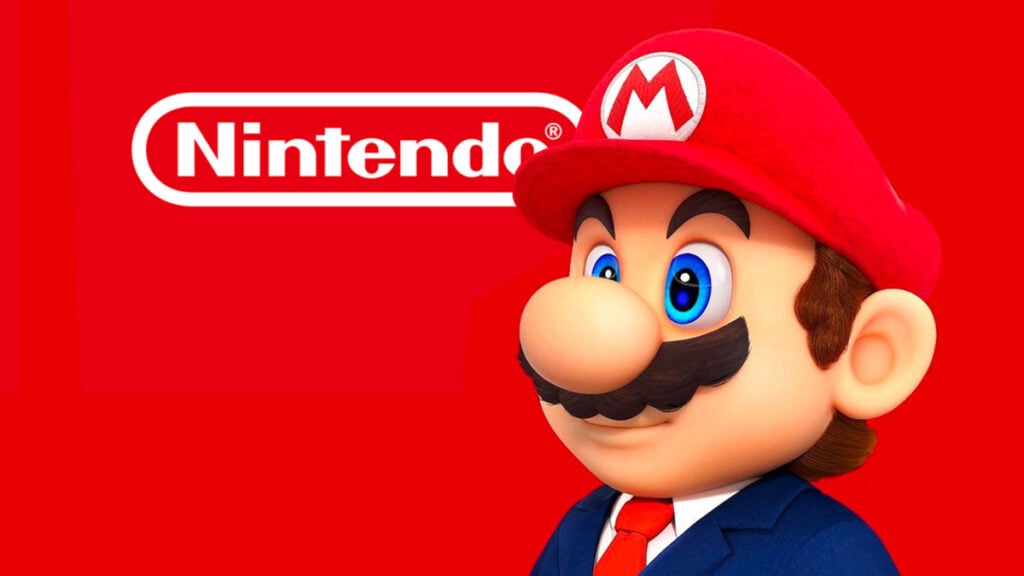When game studios have been laying off workers at record rates, one company has quietly shown what long-term stability and inclusive hiring can look like. Based on its most recent ESG data, Nintendo boasts a remarkably low staff turnover rate of just 1.9%, with virtually no reported layoffs. Even more notable, it currently employs 78 workers with disabilities, further highlighting the company’s commitment to building a diverse and sustainable workplace. The report breaks down staffing across the company’s global branches.
In total, Nintendo had 5,630 full-time employees worldwide — 1,446 from Nintendo USA — during the 2024-2025 reporting period. The core workforce of the company in Japan alone comprises 2,270 male and 692 female employees, with 182 new hires onboarded last fiscal year. With an average employee tenure of 14.4 years, the Zelda maker seems to offer something increasingly rare in the modern gaming industry: job security.
Quoting @NStyles, who reported on a recent shareholder meeting, Nintendo president Shuntaro Furukawa addressed the company’s approach to talent. Stating that it considers human resources its ‘most valuable asset.’
“Fundamentally, we consider human resources to be our most important management asset. We provide various training programs and we try to create a workplace where each individual can demonstrate their abilities by working in their unique career where they can thrive.”

Corporate directors Shinya Takahashi and Ko Shiota added that the Nintendo Switch 2 offered technical growth and a valuable learning experience for younger staff.
“Nintendo’s approach to human resource development is through hands-on development,” explained Shiota. “The development of the Switch 2 has been a good experience. Through the process, we can teach new employees on what aspects of a product we focus on and what customers care about.”
The next-gen console’s development process reportedly encouraged collaboration across hardware and software teams. This was noted as a key factor in the company’s creative culture.
“We create an environment where people can share their ideas freely,” said Takahashi. “By working together with the hardware team, we promote discussions regardless of whether it’s about hardware or software.”
This people-first philosophy may be one reason why Nintendo ranked third in a job popularity rankings last year, trailing just behind Tokyo Disney Resort. Compared to other Japanese game studios on the same list, Nintendo remains a top pick for job-seeking graduates.
While companies like Microsoft keep making headlines with mass layoffs in 2025 alone, Nintendo shows that success doesn’t have to mean cutting your staff. With inclusive hiring, long-term staff retention, and a hands-on approach to development, Nintendo might just be the blueprint for a healthier and sustainable gaming industry.
As fans wait for news on Nintendo’s next projects, it’s quite reassuring to know what’s going on behind the scenes. The company isn’t just making unique games, it’s also taking care of the people who make them.








